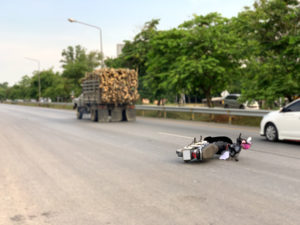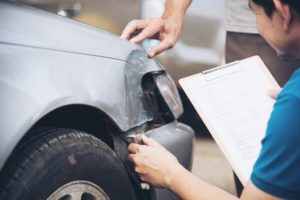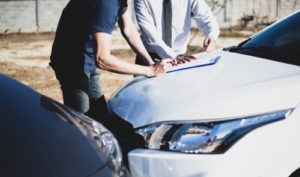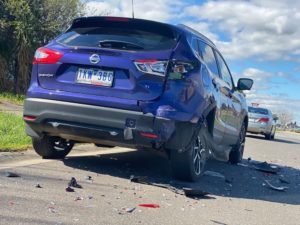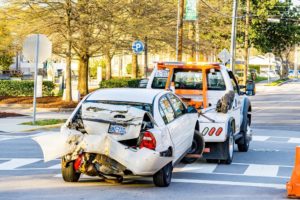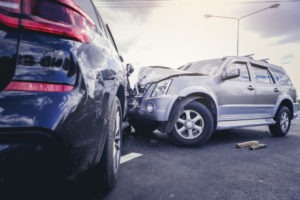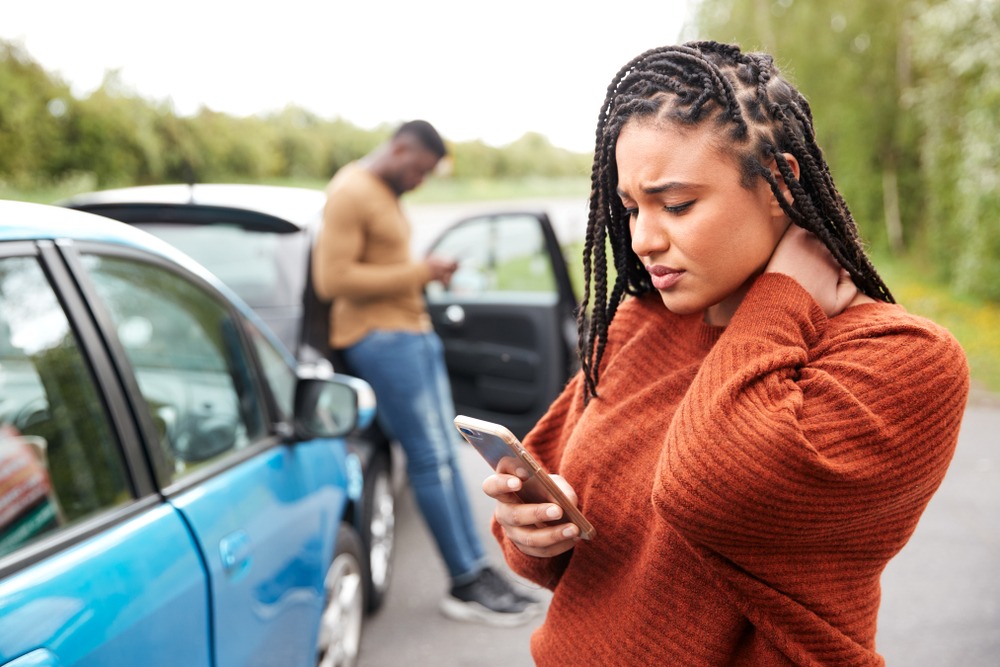
Whether you should move your car after an accident depends on the state of your vehicle, as well as any roadway hazards. Both North and South Carolina laws note that you should move your car away from flowing traffic, if possible. This reduces the likelihood of your car (or person) suffering further damage. It also ensures that other roadway users can drive free of dangers.
In the days after your wreck, you should consider consulting a personal injury lawyer about your situation. They can assess your case and pursue compensation for your losses.
You Should Move Your Car After a Wreck
Generally, you should move your car after a crash if:
- Your car obstructs traffic: This is one of the primary reasons to move your car after a collision. If your car blocks traffic, the blockage can cause additional accidents or even a pileup with catastrophic results.
- The accident did not cause significant damage: If the wreck only caused minor damage and it is reasonably possible to move your vehicle out of the flow of traffic, you should do so immediately.
- You’re physically able. If you’re physically able to move your car after a collision, do so. Yet, if you’re bleeding profusely, suffered head trauma, or feel pain, don’t push yourself. Moving your car is not worth exacerbating your condition over.
In many cases, moving your vehicle may not even be possible. But, if you are still physically and mentally capable, you should consider others’ safety and move the car.
When Should I Leave My Car Where It Is?
There are many situations where moving your car will not be safe, legal, or even possible. You should leave your car where it is if:
- Your car suffered damage beyond repair: If your car is inoperable, you will have no choice but to leave it. When law enforcement arrives, they can block off the area and redirect traffic.
- You’ve been physically injured: If you are hurt, your first priority should be to call for help and wait for it. Don’t do anything that could jeopardize your health or well-being.
- Others were injured or killed in the wreck: It is ill-advised to move your vehicle if someone suffered serious injuries, even if you were not one of them. For instance, if a passenger has a spinal cord injury, moving the vehicle could make their condition worse. You don’t want to do anything that endangers another person’s well-being.
- There are hazards present on the road: Debris, property damage, vehicular damage, and a lack of space can make it unsafe to move your vehicle. You’re not required to move your vehicle if doing so could threaten your safety.
- The police haven’t arrived: Following the collision, the police will want to analyze the scene of the accident as-is. Moving the vehicle could tamper with evidence and confuse officers as to how the wreck happened.
Personal Injury Lawyer Near Me 828.286.3866
What Do State Laws Say About Moving My Vehicle?
The applicable laws depend on where you live. After a collision, both North and South Carolina laws require you to:
- Move your car to a safe place (like the road’s shoulder)
- Render emergency medical assistance to injured parties
- Call 911
- Remain at the accident scene
Suppose that you don’t do any of these things after a collision. Instead, you head home and wait for the event to blow over. Even if you’re confident that the collision didn’t cause any injuries, damage, or fatalities, you could be accused of a hit-and-run. This is illegal in both North and South Carolina, resulting in fines, jail time, and “points” on your driver’s license.
What Else Should I Do After My Crash?
Directly after the collision, if you are capable, you should:
- Render emergency medical assistance to injured parties
- Find the other driver(s) and provide your driver’s license, contact information, and license plate number
- Take photos and videos of the accident scene and your car’s damage
- Acquire the names of any witnesses you find at the scene
- Call for assistance and wait for further instructions
What you should do regarding your vehicle depends on your situation, including its condition, your physical health, the circumstances of the crash, and where the wreck happened.
You Have Options if You Were Hurt in a Car Accident
If you suffered injuries due to another party’s negligence, you can seek damages through an insurance claim or lawsuit. Yet, the financial recovery process can get complicated, especially if you’re unsure how to proceed. This is where partnering with a car accident lawyer in Spartanburg could benefit you.
They can investigate your case, negotiate a settlement, and manage all communications with those involved. What’s more, many car accident lawyers work on a contingency-fee basis, meaning you pay nothing upfront for their services.
Call Farmer & Morris Law, PLLC for a Complimentary Case Review
If you contact our team following a crash, we can explain the state laws that relate to your case. You will likely have already left the scene, but we can advise you on a course of action moving forward, as well as explain any options you may have.




